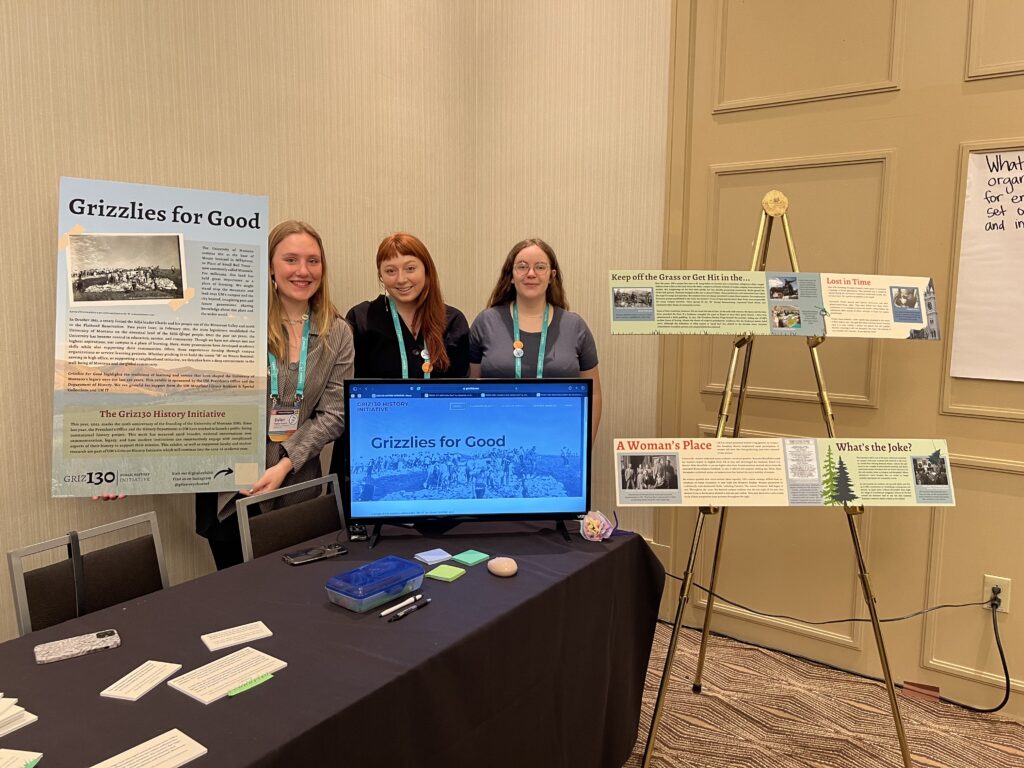
What is a zine? For his Mansfield Library Archives internship, Sam Jackson developed an exhibit that explores the evolution of these intriguing do-it-yourself publications. Come check out the display in the library that shows off the diversity of zines from the archive’s collection.


